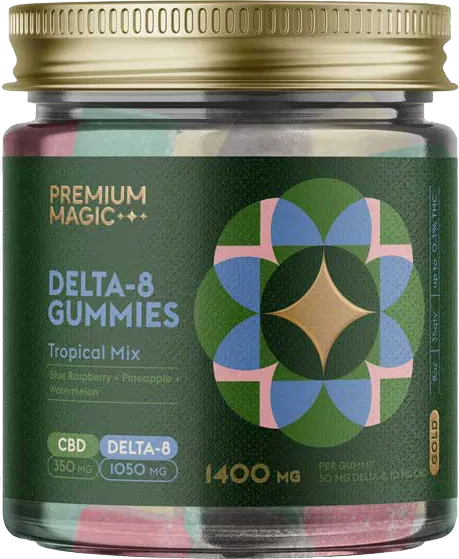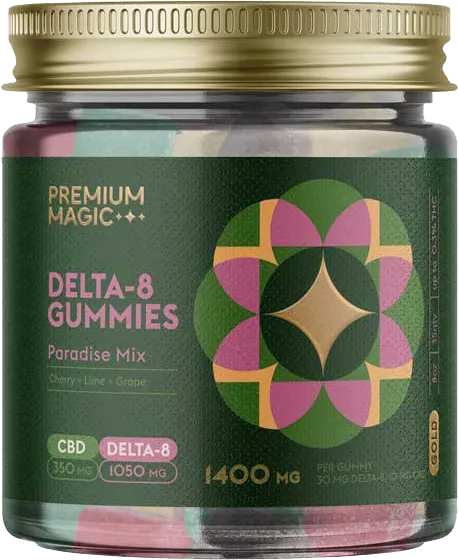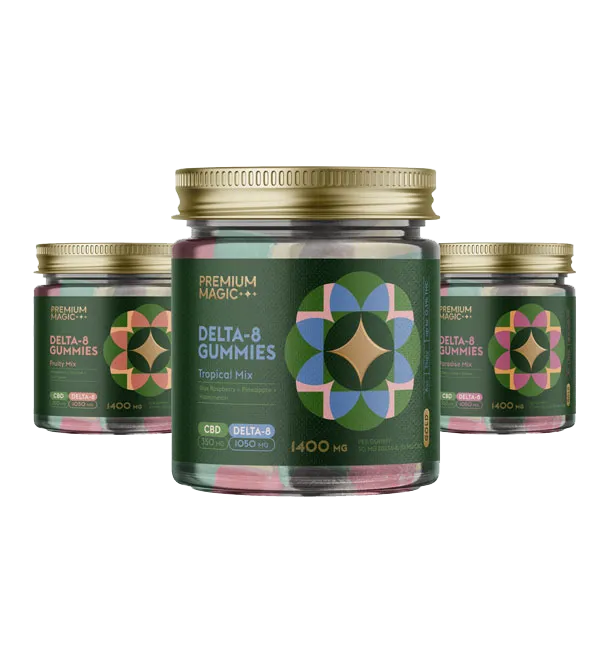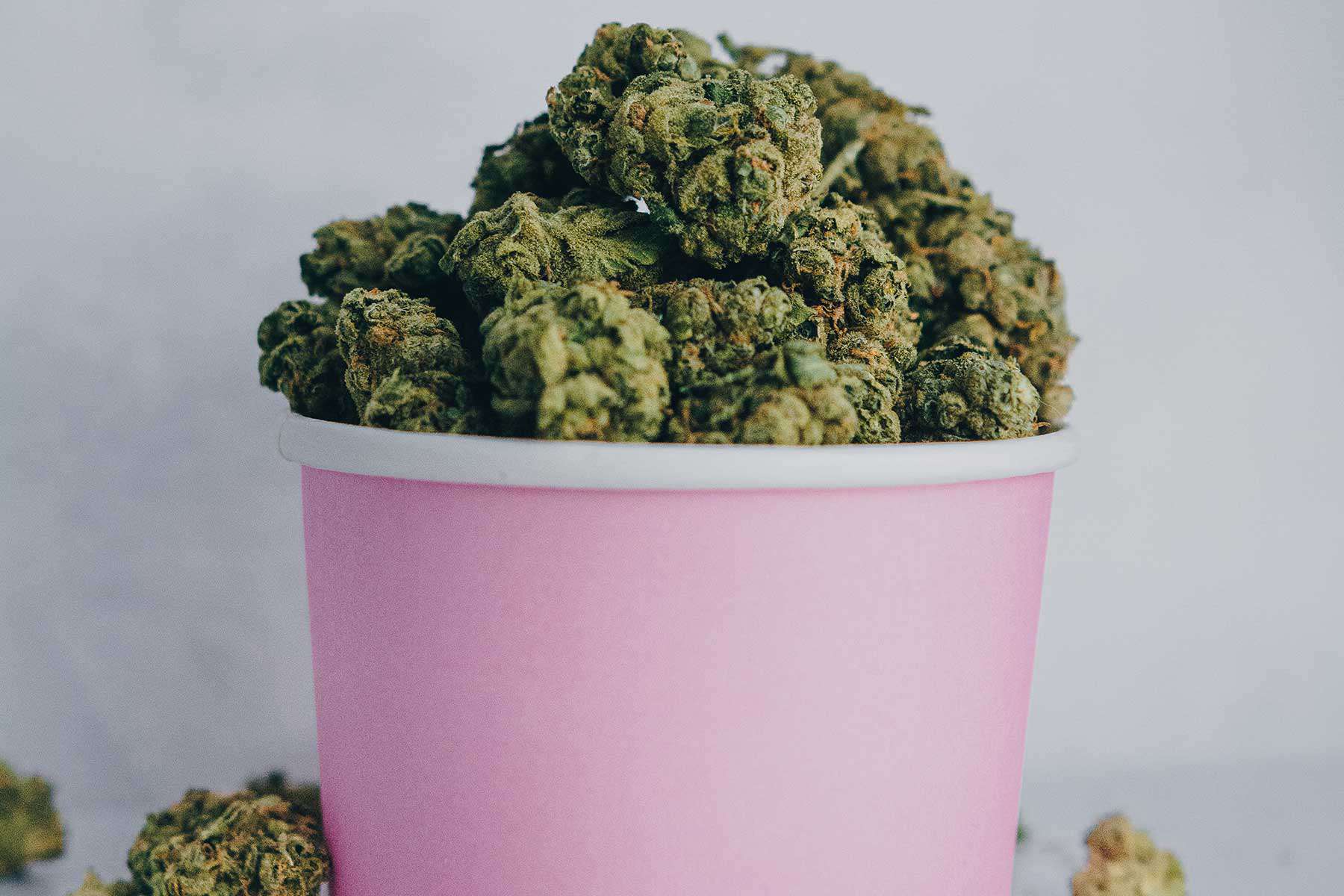
The Impact of Cannabis Strains on Lung Health: What Does the Science Say?

Today, we’re talking about Cannabis Strains and your lungs. We all know lungs are important – they help us breathe. If you smoke cannabis or plan to, it’s good to know how it could affect your lungs. So, we’re going to look at the science. Stick around and learn more.
What is Cannabis Strains?
Cannabis Strains, also known as marijuana, is a plant. People have used it for hundreds of years for different reasons. Some people use it to relax or feel good. Others use it as medicine.
The stuff in cannabis strains that affects your mind is called THC. There are other substances in it, too, like CBD, but THC is the big one.
How Do People Use Cannabis Strains?
There are many ways to use cannabis strains. Some people eat or drink it in things like cookies or tea. Others use oils or lotions. But a common way to use cannabis is by smoking it.
When you smoke cannabis, you burn the plant and inhale the smoke. This smoke goes into your lungs, and the THC gets into your blood. From there, it travels to your brain, and that’s when you start to feel the effects.
Smoking is a quick way to feel the effects of cannabis strains. But what does this mean for your lungs? Keep reading; we’re going to talk about the science behind it.

Delta-8 Gummies – Gold Tropical Mix
Original price was: $82.99.$39.99Current price is: $39.99.
Or Subscribe and Save 30%

Delta-8 Gummies – Gold Paradise Mix
Original price was: $82.99.$38.99Current price is: $38.99.
Or Subscribe and Save 30%
What Happens When You Breathe in Smoke?
Think about this: your lungs are like sponges that soak up the air you breathe. When you breathe in clean air, your lungs can work well. But, when you breathe in smoke, things can change.
Smoke is filled with tiny particles. When you breathe in smoke, these particles get into your lungs. Over time, this can make it harder for your lungs to do their job, like getting fresh oxygen into your blood.
Tobacco Smoke vs. Cannabis Smoke
Many people know that tobacco smoke can harm the lungs. But what about cannabis smoke? Is it any different?
Scientists have found that cannabis smoke and tobacco smoke aren’t too different. Both contain a lot of the same harmful substances. So, just like tobacco smoke, cannabis smoke can also harm your lungs.
It’s worth noting that most people don’t smoke cannabis strains as often as people smoke tobacco. But even occasional smoke can cause some harm.
Delving into the Details: What Does Research Say About Cannabis and Lung Health?
The Potential Harms of Cannabis Smoking
While cannabis is often portrayed as a relatively harmless substance, especially compared to other illicit drugs and even legal substances like alcohol or tobacco, it is crucial to recognize and understand the potential risks and harms associated with cannabis smoking. This knowledge can help individuals make informed decisions about their personal health and well-being.
- Lung Damage: Research tells us that when you smoke cannabis strains, you are exposing your lungs to certain harmful substances, much like when you smoke tobacco. Over time, these substances can cause damage to the small tubes in your lungs, making it more difficult for you to breathe.
- Coughing and Wheezing: Lots of people who smoke cannabis regularly report problems like coughing and wheezing. It’s not hard to guess why – smoke can irritate your lungs and throat.
- Chronic Bronchitis Symptoms: Regular cannabis smokers often report symptoms similar to chronic bronchitis. These symptoms can include daily cough and phlegm, frequent chest illness, and a higher risk of lung infections. Scientists think these issues come from the constant irritation of the lining of the airways in the lungs.
- Lung Cancer: Now, this is a big question – can smoking cannabis strains cause lung cancer? It’s a tricky one. On one hand, cannabis smoke contains many of the same cancer-causing substances as tobacco smoke. But on the other hand, the connection between cannabis smoking and lung cancer isn’t as clear as it is with tobacco. Some studies say there might be a link, while others say there’s not enough evidence yet. So, scientists are still looking into it.
What Science Says About These Harms
There’s no doubt that smoke can harm your lungs. But is cannabis smoke as harmful as tobacco smoke? That’s what scientists are trying to find out. So far, we know that both types of smoke contain many of the same harmful substances. But, more research is needed to understand the long-term effects of cannabis smoke on lung health.
Potential Benefits of Cannabis Smoking
Despite the potential harms, there are also some potential benefits to smoking cannabis.
- Pain Management: Some people use cannabis strains to manage pain. Studies have shown that the THC in cannabis can help to reduce certain types of pain, especially chronic pain. So, for some people, the benefits of pain relief may outweigh the potential harm to their lungs.
- Bronchodilation: Cannabis smoking can cause bronchodilation or widening of the airways. This effect can help people with conditions like asthma or chronic obstructive pulmonary disease (COPD) to breathe more easily. However, it’s important to remember that smoking can also cause irritation and damage to the lungs, which can worsen these conditions over time.
So, while cannabis smoking can have some benefits, it also has potential harms. It’s crucial to have a balanced understanding and consult with a healthcare provider if you’re considering using cannabis strains for medicinal purposes. And remember, science is still evolving, so it’s important to stay informed about new research and findings.
Clearing the Smoke: Myths and Facts about Cannabis
There’s a lot of talk about cannabis smoking. But not all of it is true. Let’s clear up some common myths.
Myth 1: Smoking Cannabis is Safer than Smoking Tobacco
A lot of people think this. But the truth is cannabis smoke, and tobacco smoke are not that different. Both have a lot of the same harmful stuff that can hurt your lungs. So, smoking cannabis strains isn’t necessarily safer for your lungs than smoking tobacco.
Myth 2: Smoking Cannabis Can’t Cause Lung Cancer
As we talked about earlier, this one’s tricky. Yes, cannabis smoke has a lot of the same cancer-causing substances as tobacco smoke. But we don’t know for sure yet if smoking cannabis strains can cause lung cancer. Some studies suggest it might; others say we need more proof. So, it’s not right to say that smoking cannabis can’t cause lung cancer.
Myth 3: Smoking Cannabis is the Best Way to Use It for Medical Reasons
Actually, smoking is just one way to use cannabis for medical reasons. Some people find it helpful, but it’s not the best choice for everyone. Why? Because smoking cannabis strains can hurt your lungs. So, if you’re thinking about using cannabis for health reasons, it’s a good idea to talk with your doctor first. They might suggest other ways to use cannabis that could be safer for your lungs, like oils or edibles.
Myth 4: Cannabis Smoke is Harmless
This one’s definitely not true. As we’ve seen, cannabis smoke can harm your lungs in several ways. It can cause lung damage, symptoms like coughing and wheezing, and potentially even lung cancer.
Remember, just because something is a myth doesn’t mean everyone knows it. So, it’s important to learn the facts and make informed decisions about cannabis smoking. And always keep an eye out for new research because our understanding of cannabis strains and lung health is still growing.
Tips for Safer Cannabis Use
Cannabis smoking can be a tricky subject. If you choose to smoke cannabis, it’s smart to do it in the safest way possible. Here are some tips.
1. Use Less, Less Often
One of the best ways to reduce harm from smoking cannabis is to smoke less of it, less often. The less smoke you breathe in, the less harm to your lungs.
2. Don’t Hold Your Breath
Some people think that holding their breath after inhaling cannabis smoke gets them higher. But this isn’t true. It just allows more harmful smoke to stay in your lungs. So, don’t hold your breath.
3. Consider Other Methods
Remember, smoking isn’t the only way to use cannabis. There are other methods like vaping, edibles, or oils that can be less harmful to your lungs. Each method has its own pros and cons, so do your research.
4. Avoid Mixing with Tobacco
Mixing cannabis with tobacco is common in some places, but it can be extra harmful to your lungs. Tobacco smoke is known to cause serious lung diseases, so it’s best to avoid mixing it with cannabis.
Talk to a Healthcare Professional
If you’re considering using cannabis, especially for health reasons, it’s really important to talk to a healthcare professional first. They can help you understand the potential risks and benefits and guide you to the safest method of use.
Even if you’ve been using cannabis for a while, it’s a good idea to have a chat with a healthcare professional about it. They can check on your lung health and give you personalized advice.
Wrapping Up: Cannabis and Your Lungs
So, what’s the bottom line of cannabis smoking and lung health? It’s not a simple answer. On the one hand, cannabis smoke can harm your lungs. On the other hand, it can also have some benefits, like pain relief. But remember, smoking isn’t the only way to use cannabis.
The important thing is to make informed choices. If you’re thinking about smoking cannabis, consider the potential harm as well as the benefits. And always keep an eye on the latest research. Because the more we learn, the better choices we can make.







